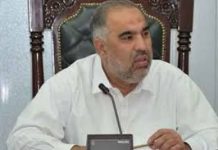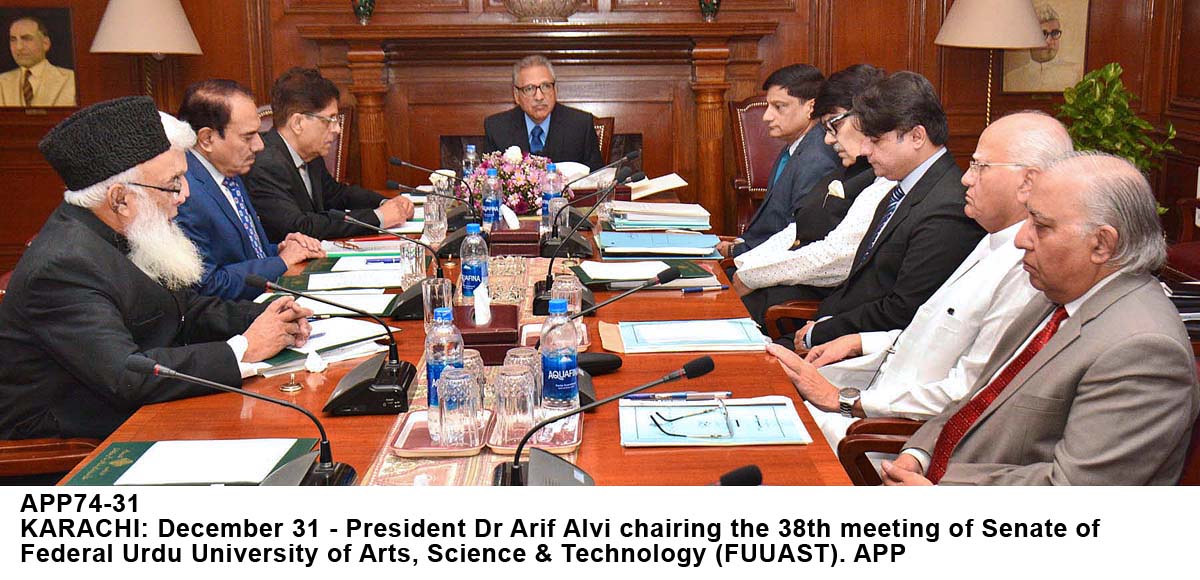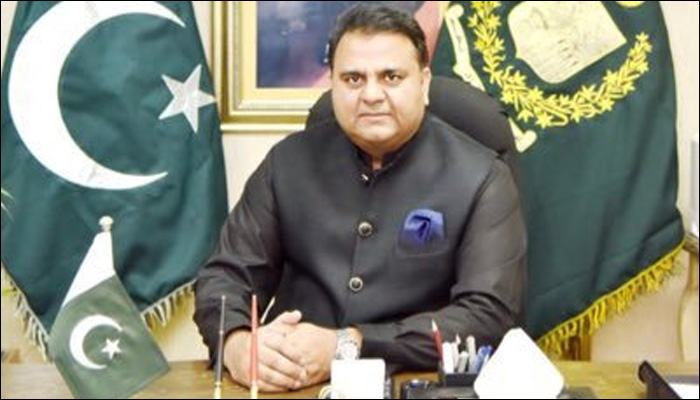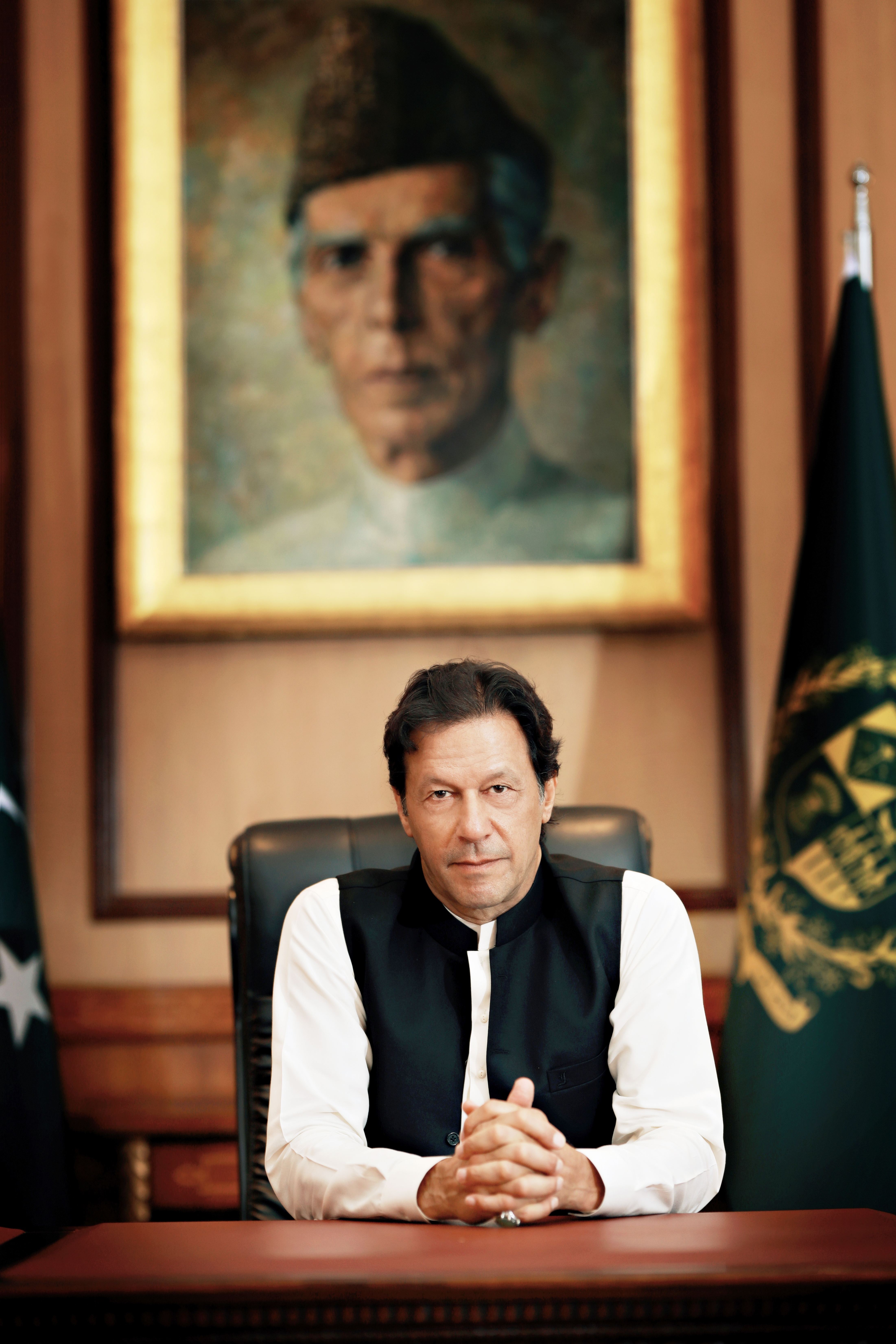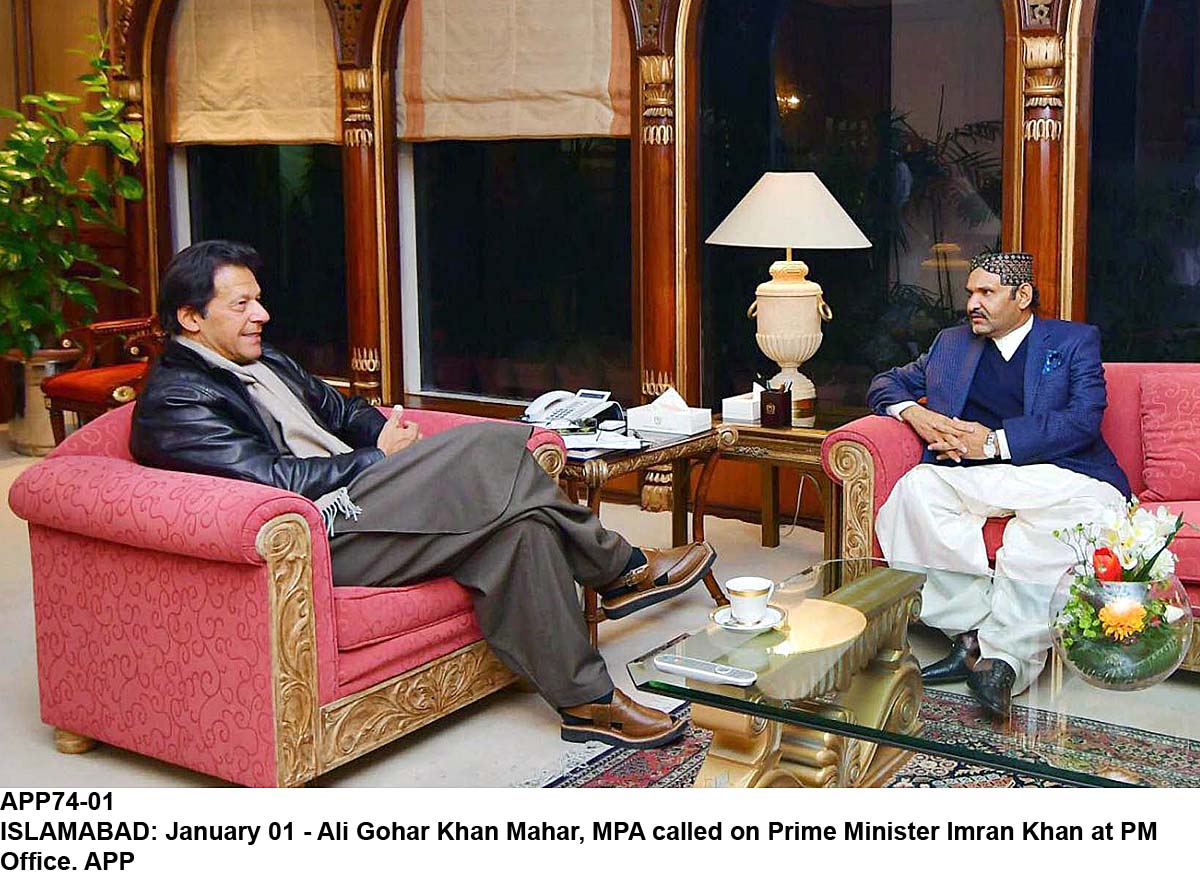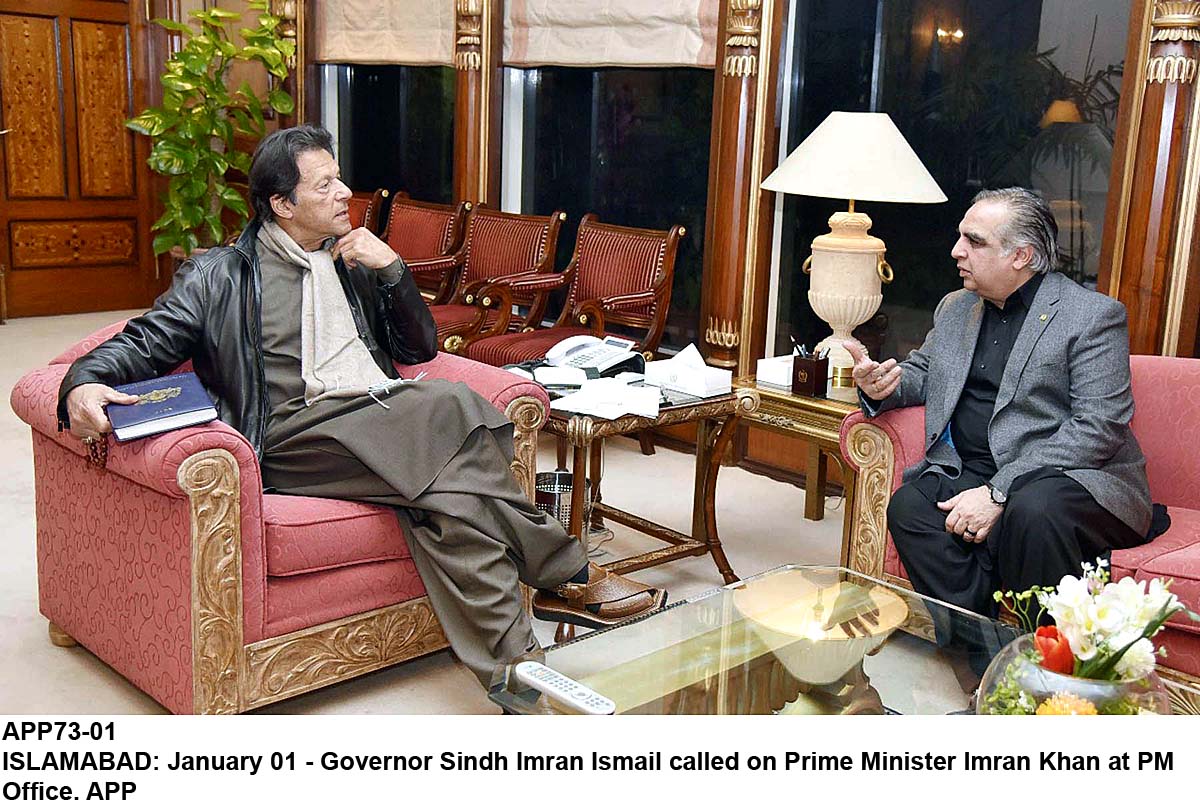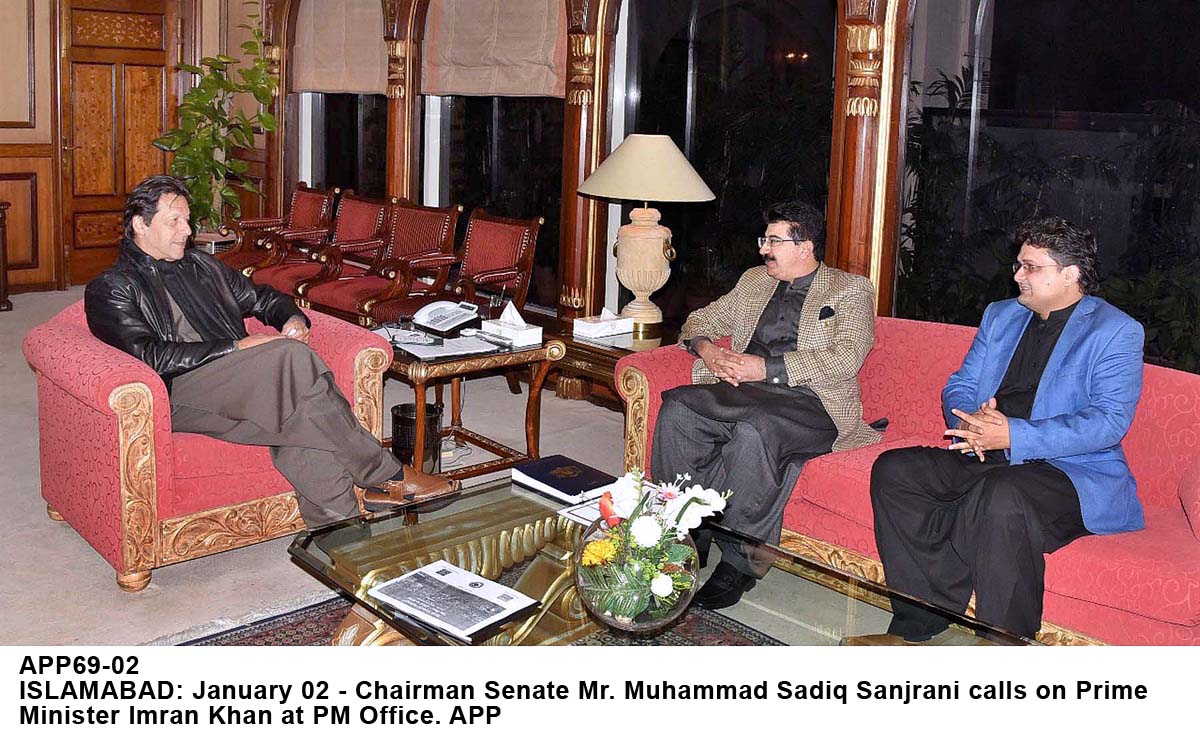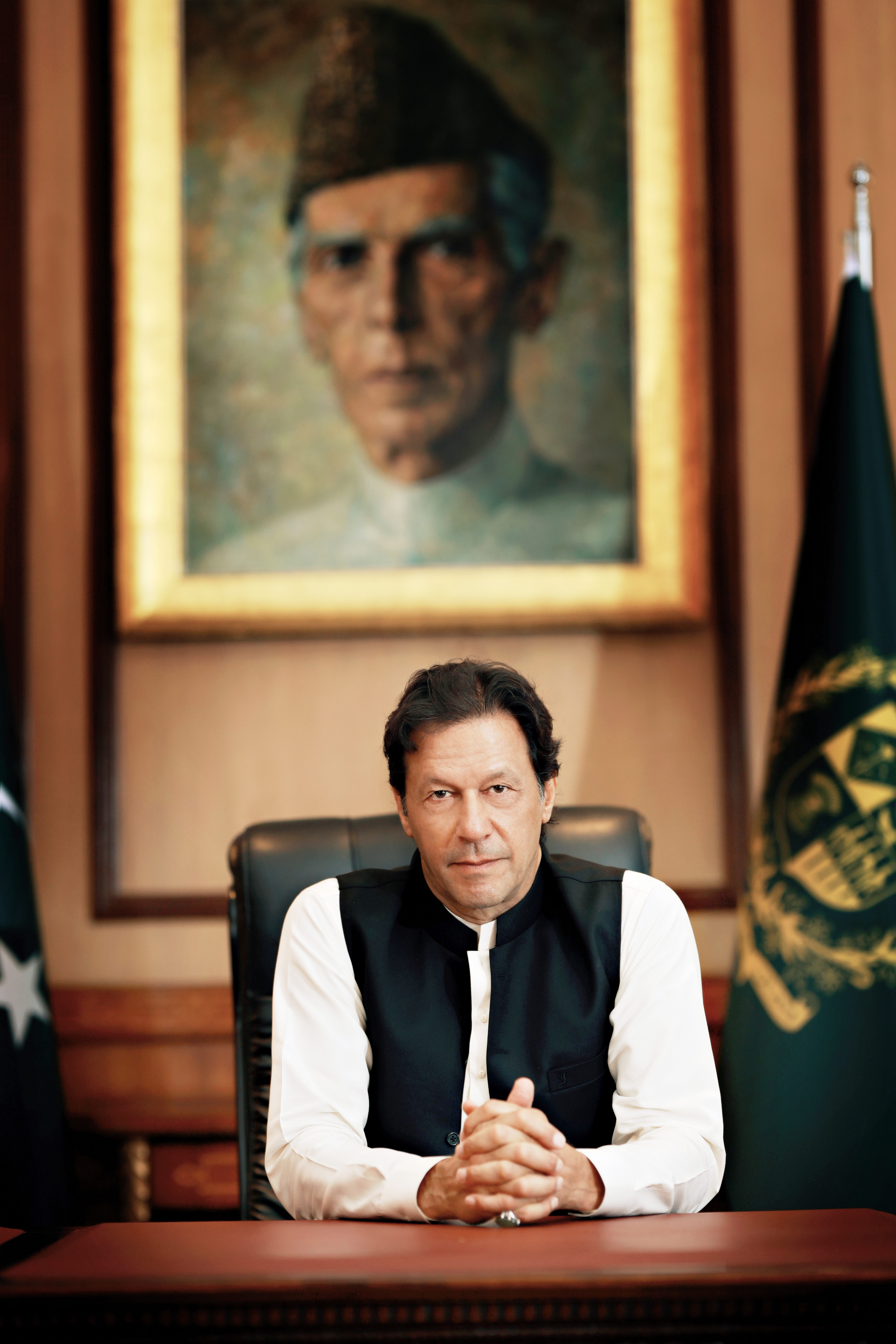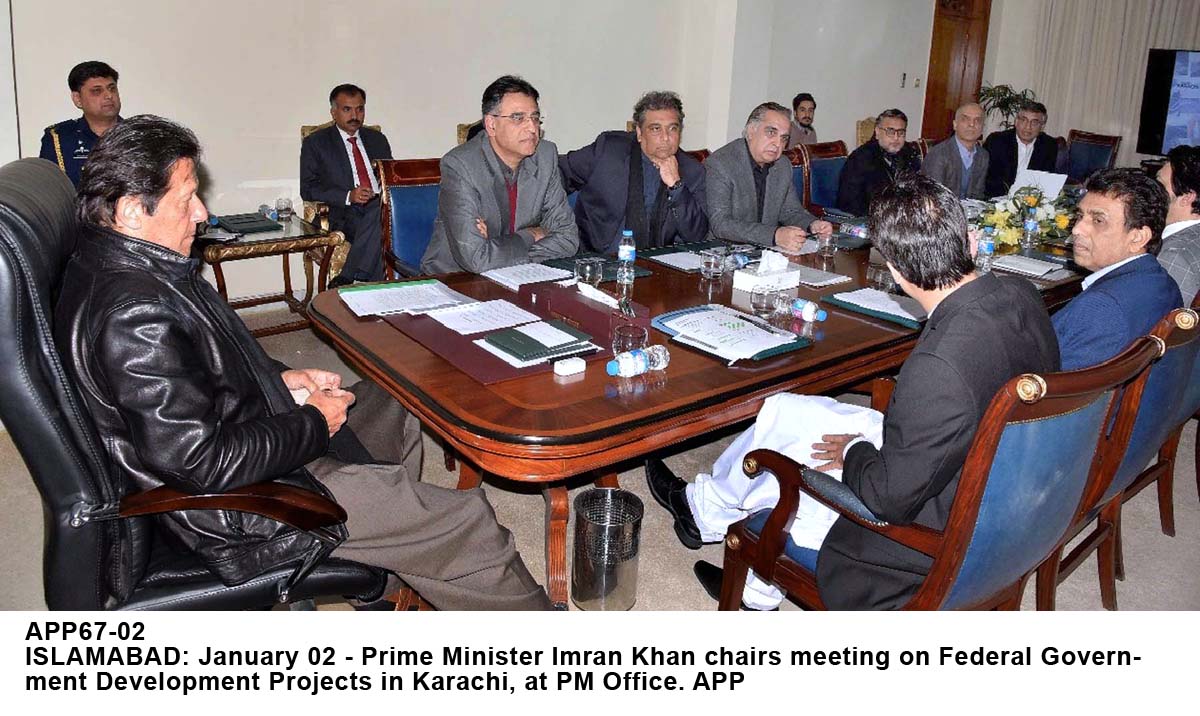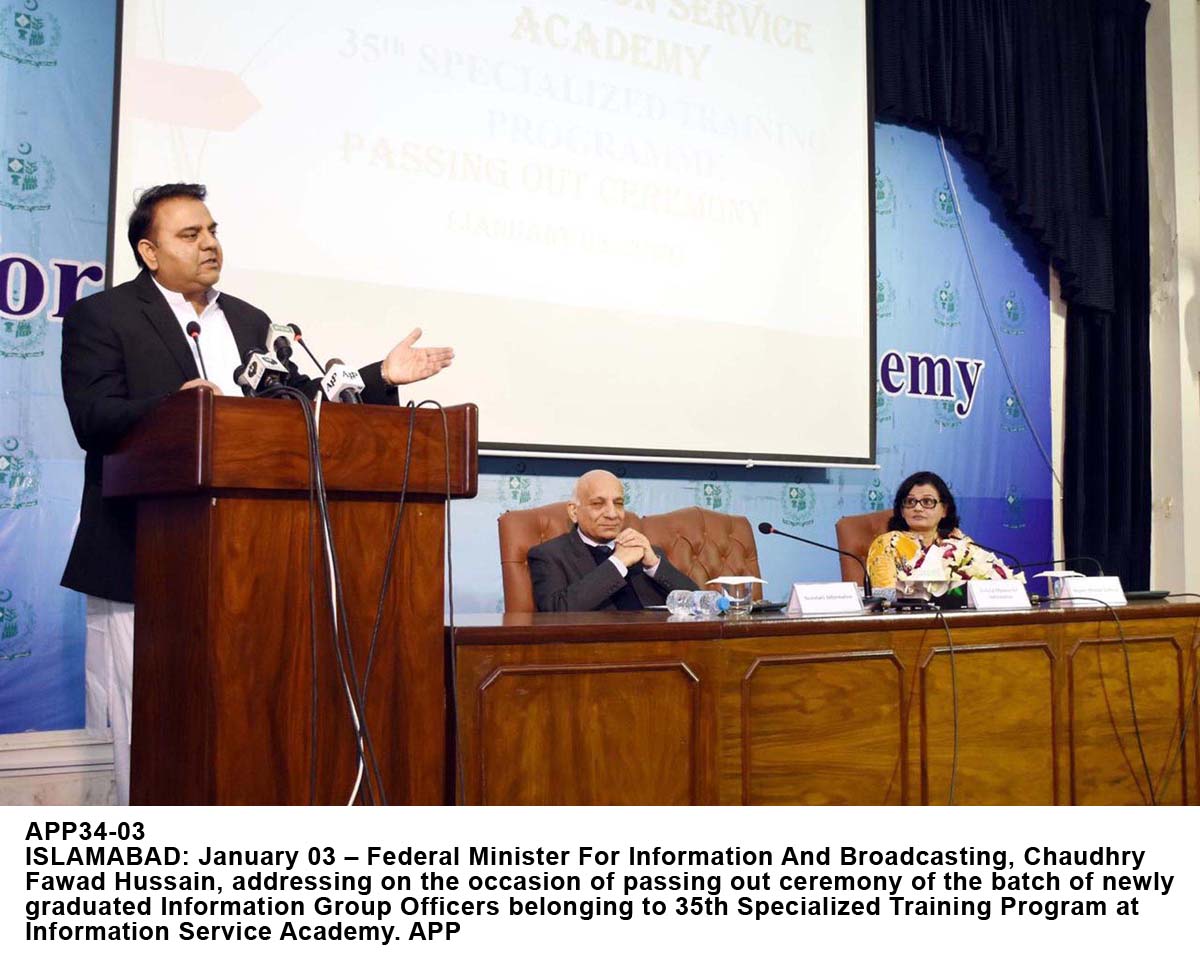
Located opposite to the University of Peshawar on the historic route leading up to Khyber Pass, the hospital has been playing a pivotal role since its inception to provide quality healthcare services to patients of Khyber Pakhtunkhwa and even from Afghanistan.
Dealing successfully with the emergencies of devastating earthquake of 2005 and 2010 floods, war against terrorism, dengue fever or the current coronavirus pandemic, the hospital has always rose to the occasion.
Established in 1976, the KTH has been strengthened due to the health reforms introduced by PTI government under the Medical Teaching Institutions (MTI) Reforms Act 2015. The reforms have remained highly productive and their trickle down positive effects have become more visible now when the country was fighting against coronavirus pandemic.
Following promulgation of MTI Act 2015, the hospital was providing health services 24/7 to deal emergency and routine cases besides providing medical care to the patients of coronavirus. After the Act, operation theaters are being used for 14 hours and teaching staff is now available in premises of the hospital for minimum 14 hours due to Institutional Based Practice (IBP). Prior to the act, KTH used to close at about 2:00p.m with only emergency services running.
Talking to APP, Director KTH, Dr Zafar Afridi said that 1,300 beds and 56 ventilators were available in the hospital against which 55 beds and 25 ventilators were reserved for COVID-19 patients. He said every bed was connected with central supply oxygen besides facilities of portable ultrasound, digital X-rays and portable dialysis machines.
According to official documents, as many as 2,359,475 patients were examined at Out Patient Department (OPD) and 2,150,488 at Accident and Emergency Department (A&ED) from January 1, 2015 to December 2019 against 1,139,253 including 496,026 at OPD and 643,227 at Casualty with no facilities of evening and morning OPDs as well as IBP prior to the act. Around 76,000 patients were admitted only in 2018 against 77,910 per annum before the legislation.
For the first time, bed managers were introduced, which improved bed occupancy to around 95 percent. While, Blood bank was handed over to haematologists to ensure safe blood transfusion to patients. The laboratories of KTH and Khyber Medical College (KMC) were merged and sub-divided to histopathology, microbiology, chemical pathology, haemotology and each station was headed by a concerned specialist professor.
Similarly, neurosurgery, urology, rheumatology, endocrinology, gestroenterology and psychology department were created. Human resource management information (HMIS) was introduced for computerization of employees’ data.
Besides, supply chain department was established to ensure smooth supply of goods to hospital besides setting up of quality assurance department to ensure delivery of safe services. Inventory control management system to cope with flow of supplies, receiving goods and satellite pharmacy were established at KTH.
Prior to reforms, A&ED had faced acute shortage of staff and equipment with no triage facility and patients were diverted to clinics. The patients took a sigh of relief when A&ED were made fully operational and equipped with triage after the reforms. Medical and surgical Intensive Care Units (ICUs) were now fully equipped with full time teaching staff having ventilators and others essential life saving equipment.
Dr Zafar Afridi said a state-of-the-art laboratory has been setup at KTH where tests’ reports of COVID-19 were handed over to patients within three days. He said a scientific filtration plant has been setup for recycling of air transmitted from hospital to open atmosphere to ensure clean air to the residents. Free medicines and food services were being provided to COVID-19 patients till their discharge, he added.
A total of 1,196,659 laboratory tests were performed with generation of Rs 30,416,326 revenue after the act against conducting 2,64,291 tests generating Rs7,238,820 revenue prior of the reforms. The hospital revenue has increased to record Rs. 125,136,454 after promulgation of MTI act 2015 against Rs 70,973,166 prior to it.
In terms of radiological services, a total of 61,737 digital X-rays, 58,469 routine X-rays and 98,184 ultrasounds were performed generating Rs 20,077,358 after the reforms Act. The computerization of medical records of patients was under process that would enable patients to see their laboratory reports online anywhere in Pakistan.
The KP government has already released Rs 700 million for renovation of hospital on March 14, 2016 as share of KTH under an umbrella project approved on June 17, 2015 at a cost of Rs 1770 million for all MTIs in the province. About 78 per cent work on the basement was completed and 1,00,000 square feet area was recovered and brought under proper use.
Regarding replacement of old HVAC system project, KP Government has transferred Rs 500 million to KTH in January 2017 and a number of schemes were completed including old AC plant, basement, operation theater, four wards on first floor and HVAC plant room.
Work on 300 beds in the new accident and emergency department with approved cost of Rs 1312.072 million was completed on August 31, 2018 and 98 per cent progress was achieved. Major work completed includes internal and external plasting, plumbing and sanitary, floors ceiling, internal electrification etc.
Likewise, work on purchase of equipment costing Rs 2714 million project was initiated on December 14, 2017 and different life saving equipment including CT scan machine were purchased. The process for a new MRI and other essential equipment against the release of Rs 800 million was under progress for the hospital.

